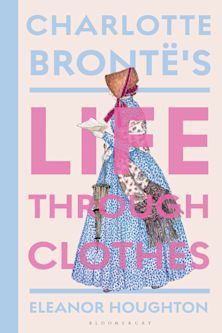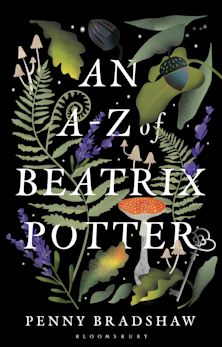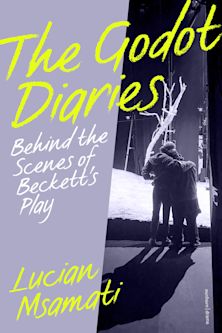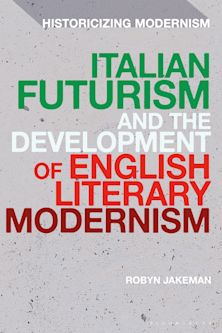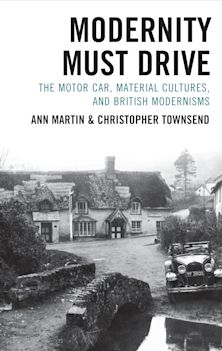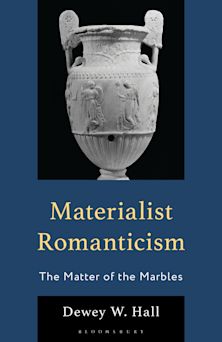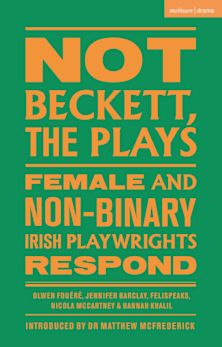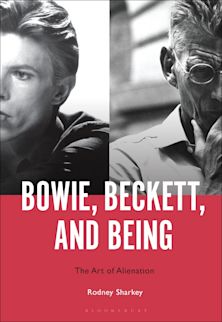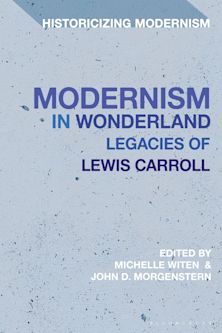- Home
- ACADEMIC
- Literary Studies
- British and Irish Literature
- Satire, Celebrity, and Politics in Jane Austen
You must sign in to add this item to your wishlist. Please sign in or create an account
Description
In Satire, Celebrity, and Politics in Jane Austen, Jocelyn Harris argues thatJane Austen was a satirist, a celebrity-watcher,and a keen political observer.In Mansfield Park, she appears to baseFanny Price on Fanny Burney, criticizethe royal heir as unfit to rule, and exposeSusan Burney’s cruel husband throughMr. Price. In Northanger Abbey, she satirizes the young Prince of Wales as the vulgar John Thorpe; in Persuasion, she attacks both the regent’s failure to retrench, and his dangerous desire to become another Sun King. For Elizabeth Bennet in Pride and Prejudice, Austen may draw on the actress Dorothy Jordan, mistress of the pro-slavery Duke of Clarence, while her West Indian heiress in Sanditon may allude to Sara Baartman, who was exhibited in Paris and London as “The Hottentot Venus,” and adopted as a test case by the abolitionists. Thoroughly researched and elegantly written, this new book by Jocelyn Harris contributes significantly to the growing literature about Austen’s worldiness by presenting a highly particularized web of facts, people, texts, and issues vital to her historical moment.
Table of Contents
Chapter 1: “Ungossiping authority”: Fanny Burney, Cassandra Cooke, and Jane Austen
Chapter 2: “He swore and he drank”: Lieutenant Price and Lieutenant Phillips
Chapter 3: “Everybody is cross and teasing”: The Mansfield Theatricals
Chapter 4: “Censure in common use”: Women, Satire, and Politics
Chapter 5: “Carried home, dead drunk”: Satires on the Royal Family
Chapter 6: “Hair so untidy, so blowsy!” Elizabeth Bennet, Dorothy Jordan, and the Duke of
Clarence
Chapter 7: “Half Mulatto, chilly & tender”: Sanditon, the Duke of Clarence, and Sara Baartman,
the “Hottentot Venus”
Conclusion Jane Austen's Belated Celebrity
Appendix A: Mr. Joseph Nutting, Army Button Maker of Covent-Garden
Appendix B: The Woman of Colour and “Wowski”
Appendix C: Lady Caroline Lamb and Lord
Bibliography
Index
About the Author
Product details
| Published | Aug 03 2017 |
|---|---|
| Format | Ebook (Epub & Mobi) |
| Edition | 1st |
| Extent | 388 |
| ISBN | 9781611488432 |
| Imprint | Bucknell University Press |
| Illustrations | 3 b/w illustrations; 16 colour illustrations; |
| Series | Transits: Literature, Thought & Culture, 1650–1850 |
| Publisher | Bloomsbury Publishing |
About the contributors
Reviews
-
The energy and insight in all three volumes demonstrate just how exciting Austen remains. Eighteenth centuryists should give thanks every day that she wrote in our era, for she is currently the gateway drug to the Long Eighteenth-Century, as also to classic British literature. These writers and these publications inspire me to go back to texts, renovate my ideas, and get busy writing more books and articles. I predict that they will do the same for you.
Eighteenth-Century Studies
-
Satire, Celebrity, and Politics in Jane Austen examines how public figures, such as the Prince Regent, were subtly lampooned in Austen's novels. This monograph firmly positions Austen as a writer of political import.
Powerful book!Tulsa Studies in Women's Literature
-
Harris's monograph represents the crowning achievement of a career devoted to placing Austen's novels in rich historical context. So varied are three books in content, style and approach that one can hardly sum them up collectively, except to observe that Austen studies is now growing healthily in many directions.
European Romantic Review
-
Many readers will initially be skeptical of Harris's claims about Austen as a "celebrity-watcher" who frequently based characters on famous figures, and many will be put off by the frequency of usages such as may have, could have, if, and perhaps. But Harris's astonishingly rich knowledge of the newspapers, cartoons, and personal correspondence of Austen's time really does permit her to present a new Austen. In Harris's showing, Fanny and Susan Price of Mansfield Park owe much to Fanny Burney and her sister Susan, and that novel's Lieutenant Price channels Susan Burney's coarse, brutal husband, also a marine lieutenant. The Bertram sisters owe something to George III's daughters, and the theatricals owe a great deal to similar scenes in Maria Edgeworth's novels Vivian and especially Patronage. Most all of Austen's less-than-admirable male characters, from Northanger Abbey's John Thorpe and General Tilney onward, convey oblique jabs at the regent himself…. [T]his is a wonderfully rich and convincing presentation of much new material. Summing Up: Highly recommended. Lower-division undergraduates and above.
Choice Reviews
-
The book aims to expand our ideas of the nature and bounds of the society Austen knew. The web of acquaintance, coincidence and proximity conjured by Harris is a marvel, and the surprising juxtapositions it produces will certainly inspire fresh thinking about the novels.
Times Literary Supplement
-
Harris’s impressive new book, Satire, Celebrity, and Politics in Jane Austen (2017), builds on the work of her pioneering 1989 study, deepening our sense of what Austen may have been up to in crafting her novels.... For readers willing to engage with the possible, and to consider links that do not, at first glance, seem probable, Harris’s well-written, deeply researched, and timely book has a great deal to offer.... The tour de force sections of the book are certainly the sections on Sara Baartman (the ‘Hottentot Venus’), the Duke of Clarence, issues of race, abolition, and slavery, and Mansfield Park and Sanditon.... For years to come, readers and critics will be weighing the massive number of new insights in this book, troubling through their implications for our future readings of Austen, politics, history, and popular culture.
The Review of English Studies

ONLINE RESOURCES
Bloomsbury Collections
This book is available on Bloomsbury Collections where your library has access.












